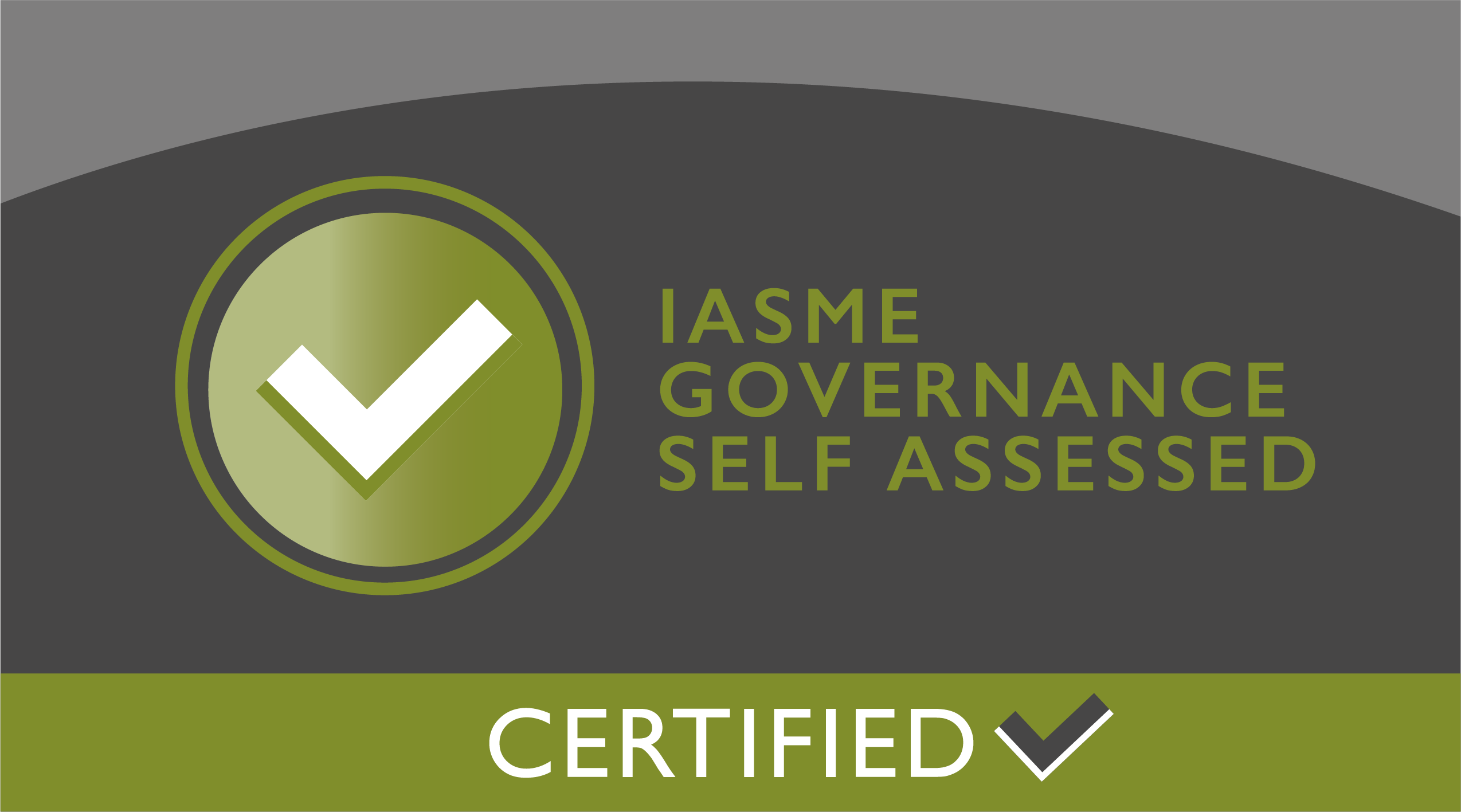If you’re one of the millions of people who have been exclusively, or partially, working from home the past few months, you have probably experienced some “growing pains”. In April of this year, nearly half (46.6%) of people in employment did some of their work from home, with the vast majority (86.0%) of these homeworkers stating that this was because of the Coronavirus pandemic. But before the pandemic, only around 7% of workers were regularly home-based, meaning that for a lot of us, this is a ‘trial and error’ period.
The most challenging parts of this for most people we speak to have been: balancing childcare and home responsibilities with work; technological and process-related hurdles; and communication and social restrictions of working in a disparate team.
Technical and security issues are the last thing remote teams need to be worrying about in the current environment. You need time and space to perfect your home-working schedule, keeping customers happy and creating new efficiencies to help your team work together collaboratively to secure your business’ future.
That’s why a managed service provider could be an excellent partnership for you and your team at this time. Just a few things a managed service provider can offer include:
- Peace of mind so you can focus
- Expertise in fields you don’t feel confident about
- Training and development opportunities
- Better cost management
- The ability to focus on and plan for the future.
In this post we’ll be taking a closer look at why a managed service provider could be the secret weapon your remote team is missing.
If your team lacks technological confidence
For many businesses, some element of flexible or remote working was offered to employees pre-Covid-19, but for very few was this “the norm”. Whether because of a lack of demand, a lack of practicality or merely continuing with the status quo, for many organisations pre-March 2020, remote working was treated with caution.
The pandemic has therefore been a catalyst for many companies who weren’t yet embracing remote workstyles, to change their approach. Inevitably, this means some have been better prepared to keep “business as usual”, where others have suffered real setbacks. If your communication systems, technology and data was already set up in an integrated or cloud-based model, chances are the pandemic hasn’t drastically affected the way you work; you’ve still been able to access work and deliver excellent customer service though this tricky time.
For others, however, Peter Smith, Managing Director at Assembly Managed Services, explains that lacking technological confidence might have landed you in a difficult scenario during the pandemic:
Some of our customers are not naturally technologists, and in the past, they would’ve shied away from UC and video conferencing. But they are realising that this is the way we have to do it, and they’re now feeling comfortable. Without exception, the customers that are using it feel very confident now, and that’s through training and guidance on our side.
Whether you’re already using Unified Communications (UC) to integrate all your communication systems into one platform, or you’re growing in confidence with video conferencing tools, you may still feel that you’re not making use of all the resources available to you.
These systems could be giving your competitors the edge. When it comes to choosing to work with a business who is or isn’t competent with remote-working tools, offering a smooth communication experience, your customers may go elsewhere if they feel your service isn’t up to their expectations.
We know that starting from scratch with technology feels like a big job, so outsourcing some of these functions could be an excellent decision for your team. Not only does it give you back peace of mind and the gift of time, but Assembly Managed Services’ hands-on approach to training makes the transition far more manageable.
If your team was predominantly office-based previously
Although there’s been a shift towards flexible and remote working patterns for many businesses over the past few years, not everyone was making this a regular, encouraged or catered-to part of their culture, pre-Covid-19. If your business was one of those that was still predominantly based in an office, you are likely to find a managed service provider of most value.
Without pre-existing systems and processes that were geared towards remote working, you might have found these functions were set up in a hurried manner. Rather than finding the best solution for your business, you might have just found any solution to see you through those first few hectic weeks and months of lockdown.
Now, with things settling into more of a rhythm, perhaps you’re keen to refine your systems, finding something more customised to your requirements. None of us know how long periods of lockdown may go on for. Indeed, with companies such as Facebook leading the way with this “new normal” – and up to 77% of workers expressing a desire continue the remote model even after the pandemic – investing in your technology now could have long-term, far-reaching positive consequences.
Having a few colleagues work intermittently from home is very different to the entire team; this is where problems have occurred for many workers. James Reilly, Director of Technology at Assembly Managed Services, explains how a lot of customers he works with previously approached home working – and the problems it’s thrown up:
The concept of remote working is not unfamiliar to most of our clients. But what’s really changed is the “en masse” aspect: before, our customers had one or two users who would occasionally work from home and needed that sort of facility, or they were utilising a centralised repository of information at a head office and had a need for satellite offices to collaborate and work together.
With offices out of the question for many – or at least having your entire team in this environment at the same time – tools are needed that offer a similar, collaborative function. Great communication between teams, staff and customers has never been so vital, and a managed service provider becomes your non-office-based technical helpdesk for everything you might need, all from your screen at home.
If your business (usually) travels internationally
We know how many businesses factor travel into their usual work lives. Whether it’s to visit customers, attend meetings with suppliers, or run events, the lack of international travel over the past few months will have been a real shock to the system for many – as well as figuring out how to offer alternative methods of outreach.
This face-to-face approach is usually important to businesses for a range of reasons:
- To build trusting relationships
- To be taken seriously as competitors
- To help close deals
- To establish new teams in different countries
- To plan, strategise and collaborate with colleagues
Now that international travel is limited, businesses need a communications system that will provide them with the highest-quality tools, giving the best remote experience and keeping team members safe. Not only that, but for many this is still a time of growth; many businesses are still expanding, and as such they need the tools to recruit the best talent remotely from anywhere in the world.
Peter Smith explains how helpful Microsoft Teams has been for many of his clients:
For many businesses, they’re finding Teams invaluable. One of our clients, a recruitment company, needs to be able to interview and Teams is serving that purpose admirably. Our customers are saving themselves a fortune on airfares and having just as good a communication experience as it would be on a face-to-face basis.
Not only this, but when offering remote jobs, instead of selecting candidates from only a small pool of talent, suddenly roles can be filled by the best person for the job, without geography factoring in. With the right technology, your working world can become much closer – saving your business’ hefty airfare bills and carbon footprint as you go!
If you’re looking for a long-term solution to tech-focused, secure and reliable remote working, then a managed service provider could be a great asset for you.
Working with an external team will benefit those who want:
- To offer an experience as close to ‘in person’ as possible
- Their team to stay connected and happy
- Their team to collaborate and work more efficiently
- Training for their whole team to grow in confidence with technology
- To offer better customer service, with a team on hand to help
- An effective replacement for a lack of international travel
- A long-term solution to limited office access.
Talk to one of our specialists today to learn more about our remote working capabilities; how we’re bringing people, business and technology together; and what this means for you.






